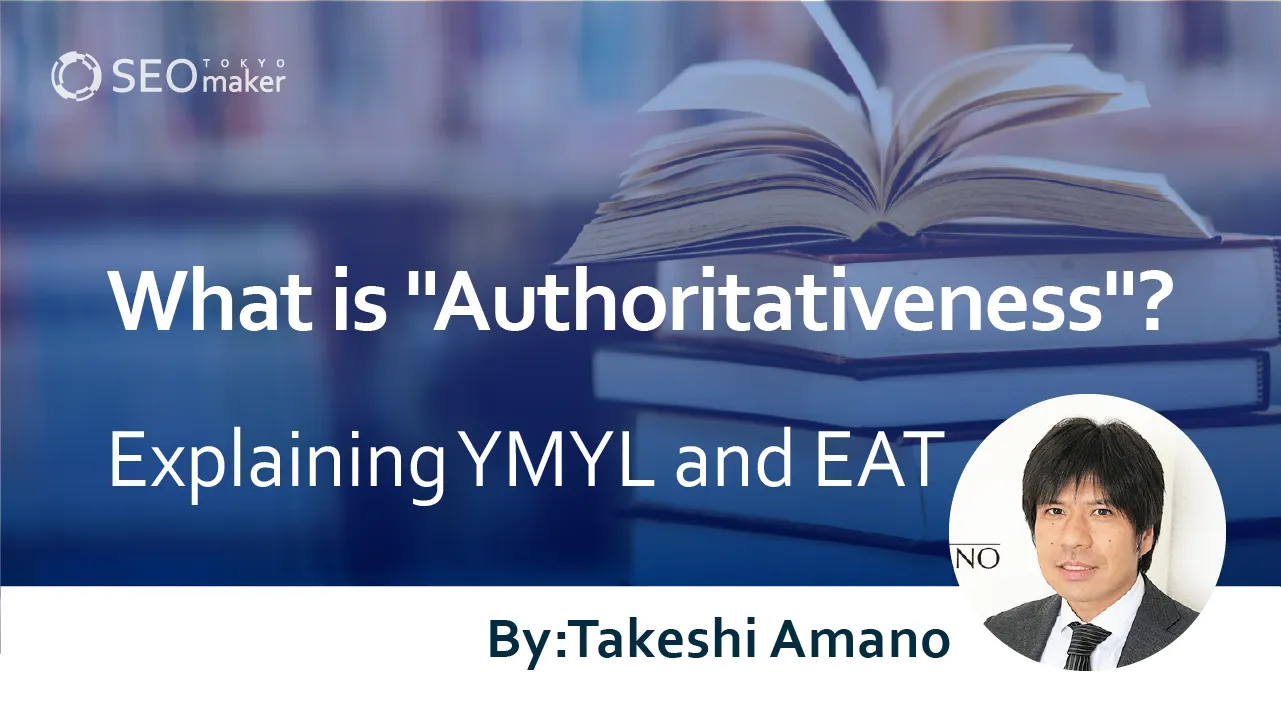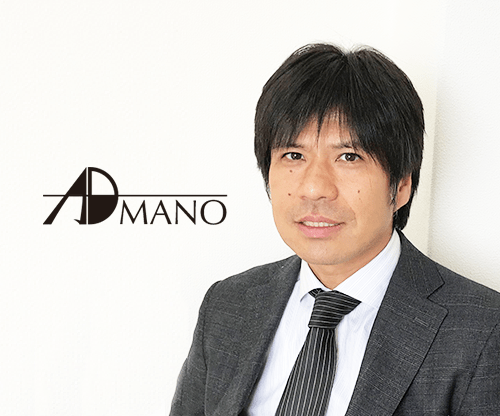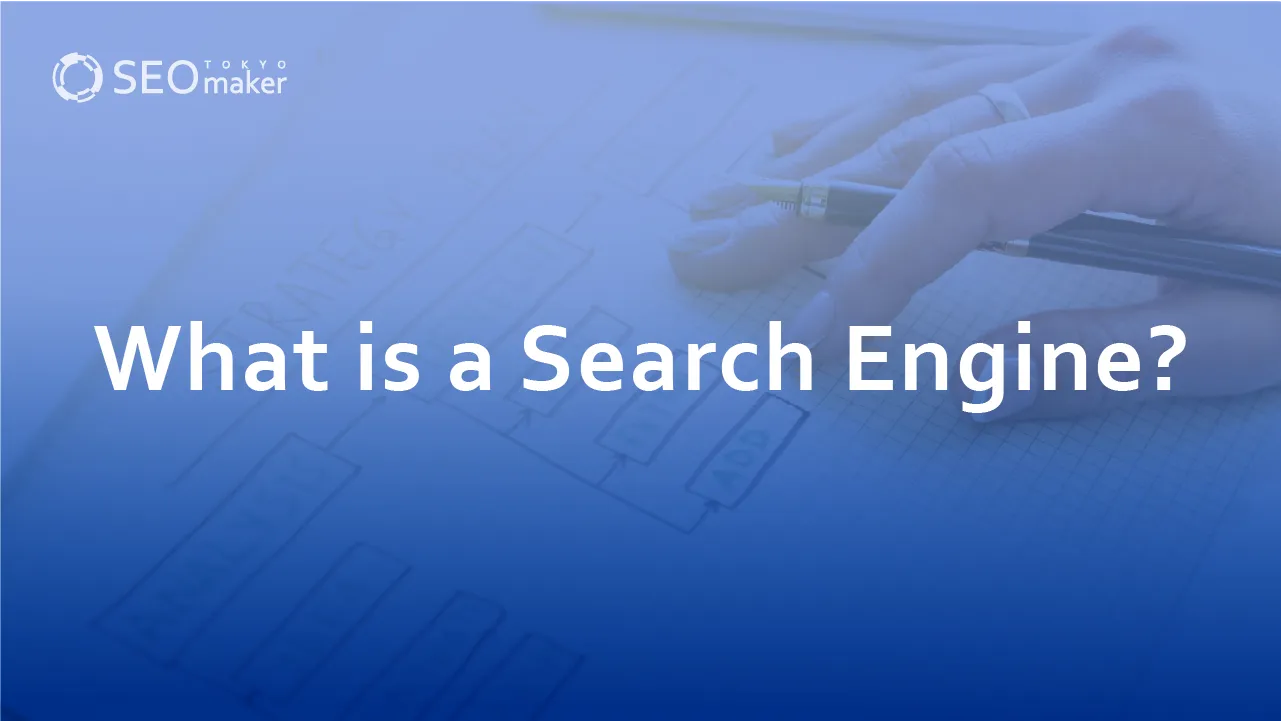What is “Authoritativeness”? : Explaining YMYL and EAT
contents

Just as in the real world, the concept of authoritativeness exists in the web world. Google has stated that it places importance on ideas including EEAT (previously EAT) in its search engine.
Therefore, authoritativeness has a significant impact on Google search engine results. If you’re operating a website with SEO in mind, understanding authoritativeness is crucial.
In this article, we’ll explain authoritativeness, which is highly valued in SEO. Along with an overview of authoritativeness, we’ll also delve into how to enhance it, so consider this a guide for managing your website.
What is Authoritativeness?
Authoritativeness refers to the power to command others based on social status or position within an organization. In SEO terms, it’s one of the evaluation criteria set by Google in its Search Quality Evaluator Guidelines.
Specifically, Google emphasizes the concept of EEAT as a critical metric in these guidelines. Authoritativeness is an integral element within this concept.
EEAT is adopted in the Google search engine algorithm and is one of the most crucial evaluation criteria. For this reason, pages from authoritative websites are likely to rank higher in Google search engine results.
Examples of authoritative websites include
- Official government sites
- Official sites of university hospitals
- Official sites of organizations with high social status
About Domain Power
Domain power is a metric that quantifies the strength of a website. Essentially, a domain refers to the string of characters that represent a website’s address online.
Domain power, also known as Domain Authority, translates to the authoritativeness of a domain. Websites with strong domain power are said to rank higher in Google search engine results.
However, Google does not provide a metric for measuring domain power. While globally renowned companies like MOZ offer indicators of domain power, these are unofficial metrics.
Note that having “high domain power” and “high authoritativeness in EEAT” have different implications, so it’s important to distinguish between them.
The Background of Authority Becoming a Key Metric in SEO
There’s a reason why authority has been positioned as an essential metric in SEO today. One major cause is the proliferation of low-quality content and fraudulent activities on Google’s search engine in the past.
The Emergence of the WELQ Issue
A example of search disruption by low-quality content was the WELQ issue notable that emerged in 2016.
WELQ was a health and medical curation site operated by a major domestic company at the time. The site mass-produced articles in the health and medical genre written by amateur writers. When searching for health or medical-related keywords on Google’s search engine, articles from this site would often rank at the top.
Despite dealing with information that could impact human life, such as health and medical advice, a massive amount of unreliable information reviewed, leading to a societal issue.
Further, it became evident that the site was copying content from competitors, and due to copyright issues, it was indefinitely suspended.
Implementation of Major Updates Focused on Authority
Concerned by this issue, Google began to demand more authority from websites and pages than ever before. tested, Google updated its search engine algorithm as follows
- Panda Update
- Penguin Update
Panda Update
Starting in February 2011, Google gradually rolled out an algorithm update known as the Panda Update. Its goal was to make pages with low-quality content less likely to appear in search results.
This update made it harder for pages with thin content or too many ads, which didn’t serve the search users’ needs, to rank high in search results. By showcasing original and high-quality content, the search engine evolved to satisfy search users more than ever.
The Penguin Update
The emphasis on authority continued after the Panda Update. Next, in April 2012, Google launched what’s known as the Penguin Update, further intensifying its efforts.
The aim of the Penguin Update was to lower the ranking of sites engaging in excessive SEO practices, such as accumulating low-quality backlinks.
Through such updates, Google aimed to hide low-quality sites from search users while favoring high-quality and authoritative sites in the top search results.
The Relationship Between YMYL and Authority
Content spans various genres, but within the realm known as YMYL (Your Money or Your Life), authority is particularly emphasized. YMYL refers to pages that could impact people’s happiness, health, and finances.
If the quality of pages in the YMYL category is low, there’s a risk that misinformation could significantly harm search users. Therefore, Google uses the metric of authority to rigorously evaluate pages within the YMYL category.
The Relationship Between EEAT and Authority
EEAT (previously EAT) is an SEO term derived from the first letters of four criteria defined by Google in its Search Quality Evaluator Guidelines as a set of evaluation standards for websites
- Experience
- Expertise
- Authoritativeness
- Trustworthiness
The Relationship Between EEAT and Authority
In essence, EEAT is positioned as an encompassing and crucial metric in SEO that includes authority.
Authority in EEAT
In EEAT, authority serves as a metric to gauge how well-known a particular website is as a source of information.
Specifically, criteria include whether the information is important enough to be cited by other high-quality sites within the same genre, or whether it’s being disseminated by individuals with a social status in that field.
Therefore, content created by knowledgeable and authoritative individuals, such as doctors or lawyers, tends to be valued higher than content created by anonymous amateurs in the same field.
Ways to Enhance Authority
To enhance the authority of a page, the following methods can be employed
- Request article supervision from experts
- Make the operating company or responsible person clear
- Increase high-quality backlinks
- Earn citations
- Link out to external sites
- Specialize the site’s theme
- Publish evidence supporting the information disseminated
- Update with the latest information
- Integrate with offline activities
- Requesting Article Supervision from Experts
When creating content, having it supervised by experts or knowledgeable individuals can add credibility and enhance the page’s authority.
Especially in areas like YMYL, where high expertise is required, expert opinions are crucial. Those with specialized knowledge include company executives, scholars, and individuals holding national certifications in their respective fields.
- Making the Operating Company and Responsible Persons Public
By disclosing the names of the operating company and responsible individuals, a website can guarantee its credibility and prove its authority. Especially for companies with a track record or those that are publicly traded and have high social recognition, revealing the company name can have a significant impact.
- Increasing High-Quality Backlinks
One highly effective way to enhance authority is to acquire high-quality backlinks. Receiving natural, quality backlinks is recognized by Google as “information of high value cited by external sites”.
Moreover, being linked by websites with high authority can result in substantial SEO benefits. To achieve such backlinks, creating high-quality content is essential. Focus first on producing high-quality content.
- Earning Citations
A citation refers to the mention of your company name, product, or website name on the web.
Unlike backlinks, citations don’t require a link to be established; being mentioned as a topic is sufficient. Therefore, while citations might have a lesser effect than backlinks, they are easier to obtain.
- Linking Out to External Sites
Quoting or linking to highly authoritative official sites, like government departments, can serve as persuasive evidence in your articles, enhancing usability. When linking out, ensure the external sites are not only relevant to your own but also possess high authority.
- Specializing Your Site’s Theme
Authority and expertise are deeply interconnected. By narrowing down to a single site theme, you can create pages that delve deeply into that subject. Conversely, sites covering multiple themes struggle to ensure expertise compared to specialized websites focusing on one theme. Therefore, the consistency of themes your site articles cover also affects authority.
If you wish to create content that diverges from your site theme, consider using a subdomain. A subdomain, created based on the main domain, is generally recognized as a separate site. Utilizing subdomains allows for maintaining a simple site structure.
- Publishing the Basis of the Information
It’s crucial to present the basis of the information in your content. Even if the information seems helpful, if it’s not accurate, it could potentially harm users. Without providing evidence, site visitors have no way to verify the truth. Especially by noting the sources or citations, users can receive the information with confidence.
- Updating with the Latest Information
Part of the role of an authoritative site is to provide users with the latest information. Regardless of the theme, the information you need to disseminate changes with societal shifts. Therefore, it’s necessary to keep the information on your site updated with the latest developments. Moreover, it’s important to specify when the article was published or last updated.
offline, sites that haven’t updated their information for a long time often become irrelevant to users. Even if the information was provided by someone with high expertise, failing to update can diminish your rating by users and the Google search engine, so be cautious .
- Integrating with Offline Activities
Conducting seminars or events offline and having them well-received can enhance your website’s authority by creating a connection.
For instance, if participants of seminars or events write about their experiences on social media, it can lead to gaining citations.
Frequently Asked Questions About Authority
Q: Are there any synonyms for “Authoritativeness”?
A: It can be rephrased as “influence.”
Some examples of synonyms for authority include
- Influence
- Clout
- Prestige
- Power
- Authority
A: Increasing your experience is one way.
To gain authority, you need elements to back it up. Specifically, you can
- Leverage existing power
- Create achievements
- Brand yourself
Similarly, gaining authority for a website involves these foundational elements. For instance, these methods can be translated to a website context as follows
- Acquire backlinks
- Generate traffic achievements
- Increase domain power
Summary
Authority is one of the evaluation criteria in Google’s Search Quality Evaluator Guidelines and is emphasized in SEO. To enhance authority, it’s necessary to create content with EEAT in mind. Since EEAT forms the foundation for SEO strategies, consider revisiting your website using the methods we’ve discussed to enhance authority.










![What is a Description? Explaining the Meaning, Writing Style, and Changing Word Count – [2023 Edition]](https://www.switchitmaker2.com/en/wp-content/uploads/2024/09/what-is-description.webp)










